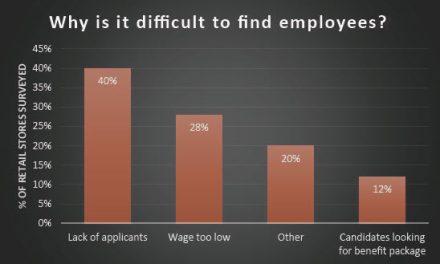By Sarah Hoben
If you have a staff, it is inevitable: Sooner or later, someone is going to leave. Sometimes it is voluntary; sometimes it is not. How you communicate this departure to the rest of your staff can make a big difference in the transition.
Jason Evanish, CEO of Get Lighthouse, Inc., a management training company, writes on the company’s blog, “if you’ve done a good job as a manager, departures should never be a total surprise.” So, once an employee decides to leave, it is wise to let other employees know soon.
How much should you share about their reasons for leaving? It depends; if it is under positive circumstances, you can certainly share that with others or let the departing employees share. If it is due to poor performance, Evanish notes it may not be a surprise to other staff members, and you might keep your explanation brief and simple.
Just as important is communicating clearly about the next steps — how will this affect other employees’ work? Will they have additional duties? Will you hire someone else?
Also, recognize the departing person may have been friends with other staff members who could be unhappy about the loss of their co-worker and take care to address concerns and questions. “Handling employee departures with care shows what kind of leader you are,” Evanish said. “Building an enduring team culture means valuing relationships above all. That bond doesn’t break when someone departs. Send them off with support to start their next chapter, and avoid any bitterness, even if they are fired.” Read Evanish’s blog post at bit.ly/43mqcKI for additional insights.









